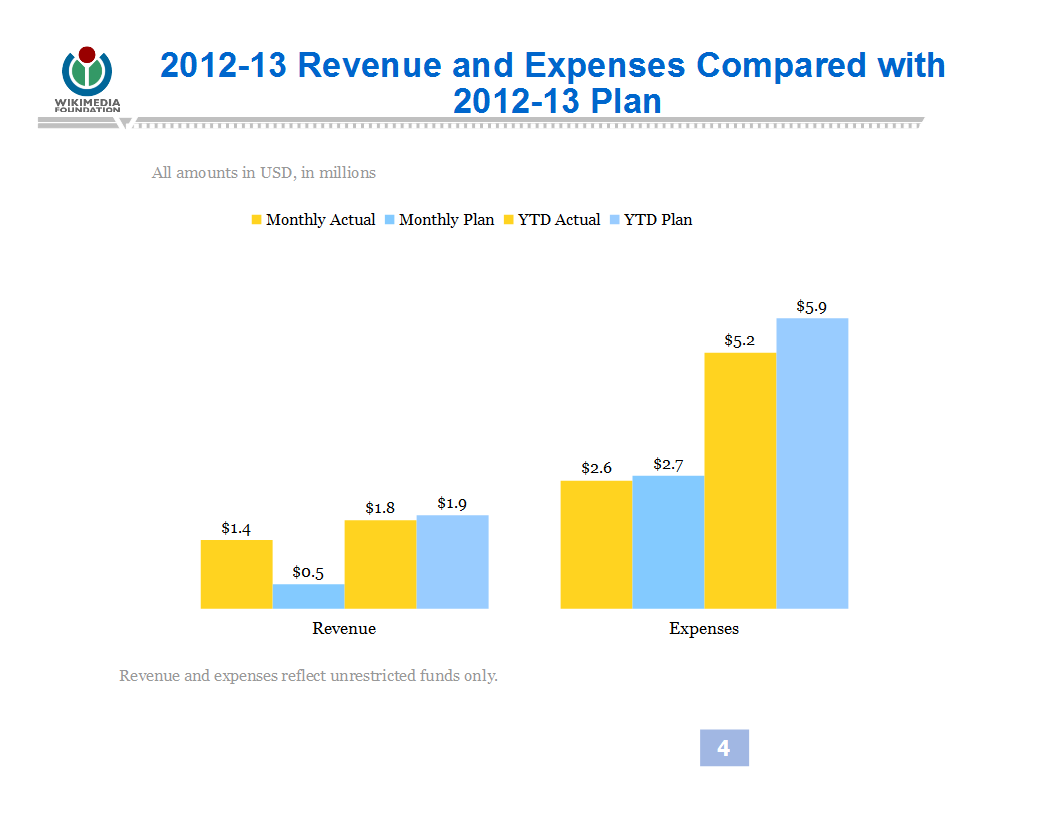Financial sustainability has emerged as a paramount concern in today’s business world. As the global landscape continually evolves, companies are realizing that financial health is not merely a matter of profits but a fundamental necessity for long-term success. In this article, we explore the burgeoning significance of financial sustainability and why it should be a top priority for businesses of all sizes.
A Shift in Business Paradigm
Traditionally, businesses focused primarily on maximizing profits, often at the expense of other considerations. However, this approach is undergoing a significant shift. Today’s consumers, investors, and stakeholders are increasingly prioritizing companies that demonstrate a commitment to financial sustainability.
What Is Financial Sustainability?
Financial sustainability encompasses a broader view of financial well-being. It means not only generating profits but also managing resources, minimizing waste, and ensuring long-term viability. A financially sustainable company can weather economic downturns, adapt to changing market conditions, and contribute positively to society.
Building Resilience
In a rapidly changing world, resilience is essential. Companies that prioritize financial sustainability are better equipped to navigate economic turbulence. By diversifying revenue streams, maintaining strong balance sheets, and managing debt wisely, they create a buffer against financial shocks.
Attracting Investors
Investors are increasingly looking beyond short-term gains. They seek companies with solid financial foundations that can deliver consistent returns over time. Demonstrating financial sustainability can attract a wider pool of investors, fostering growth and stability.
Meeting Regulatory Demands
Regulations around financial sustainability are evolving. Businesses must not only comply with existing laws but also anticipate future requirements. Being proactive in adopting sustainable financial practices can help companies stay ahead of regulatory changes.
Engaging Stakeholders
Customers, employees, and the community at large are more conscious of a company’s impact on society and the environment. Financial sustainability practices, such as ethical sourcing and responsible resource management, resonate with stakeholders and enhance a company’s reputation.


